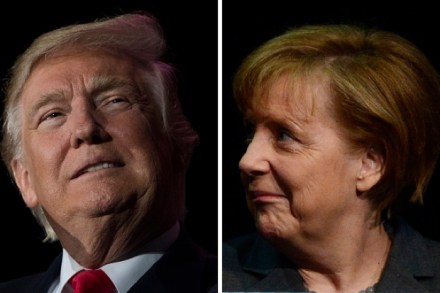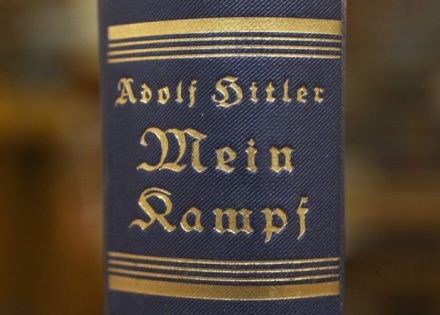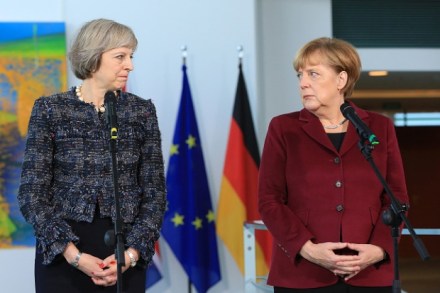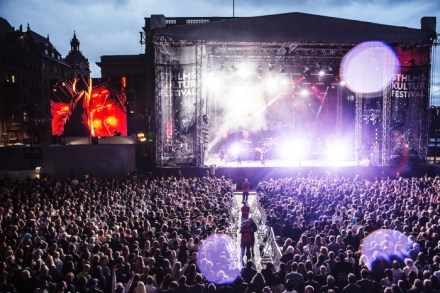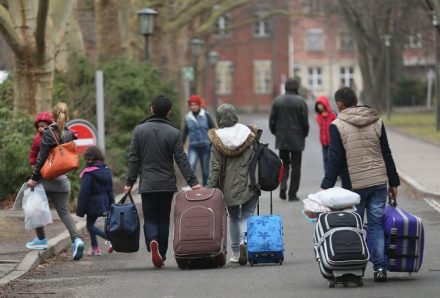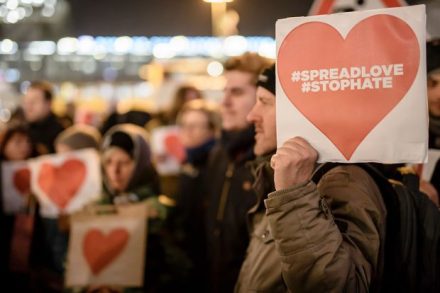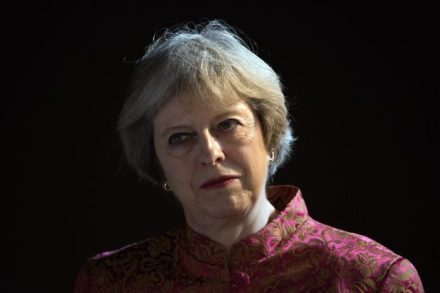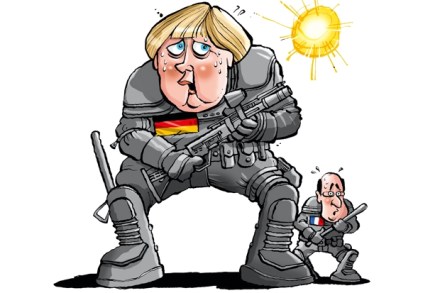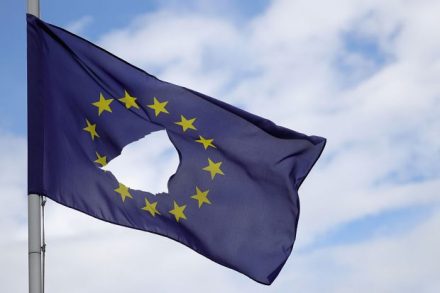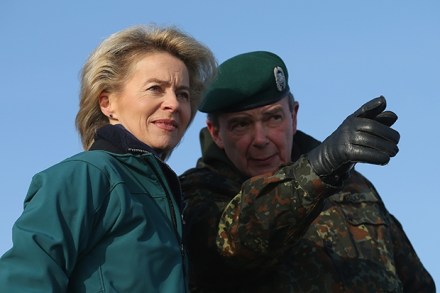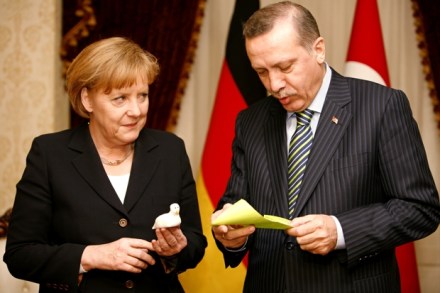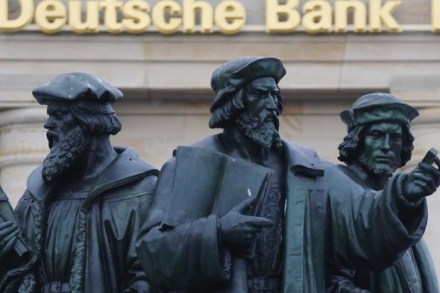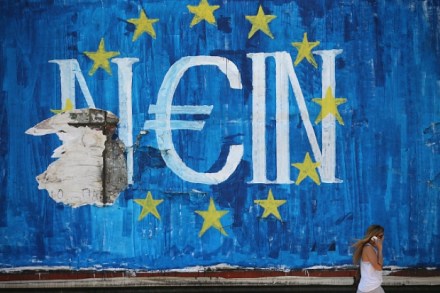Trump has given Merkel a new lease of life
Donald Trump’s Times interview has been a big story in Britain, but the President Elect’s parallel interview with Bild Zeitung (Europe’s largest circulation newspaper) has made an even bigger splash in Germany. Why so? Because Trump’s comments about Germany were a lot more pointed – and specific – than the pro-Brexit platitudes he tossed to Michael Gove. Trump’s remarks about Merkel’s ‘catastrophic mistake’ of ‘letting all these illegals [sic] into the country’ hardly came as a surprise. After all, when Merkel won Time Magazine’s Person of the Year, Trump tweeted that ‘they picked the person who is ruining Germany.’ Yet until this week, there were still some Germans who thought
